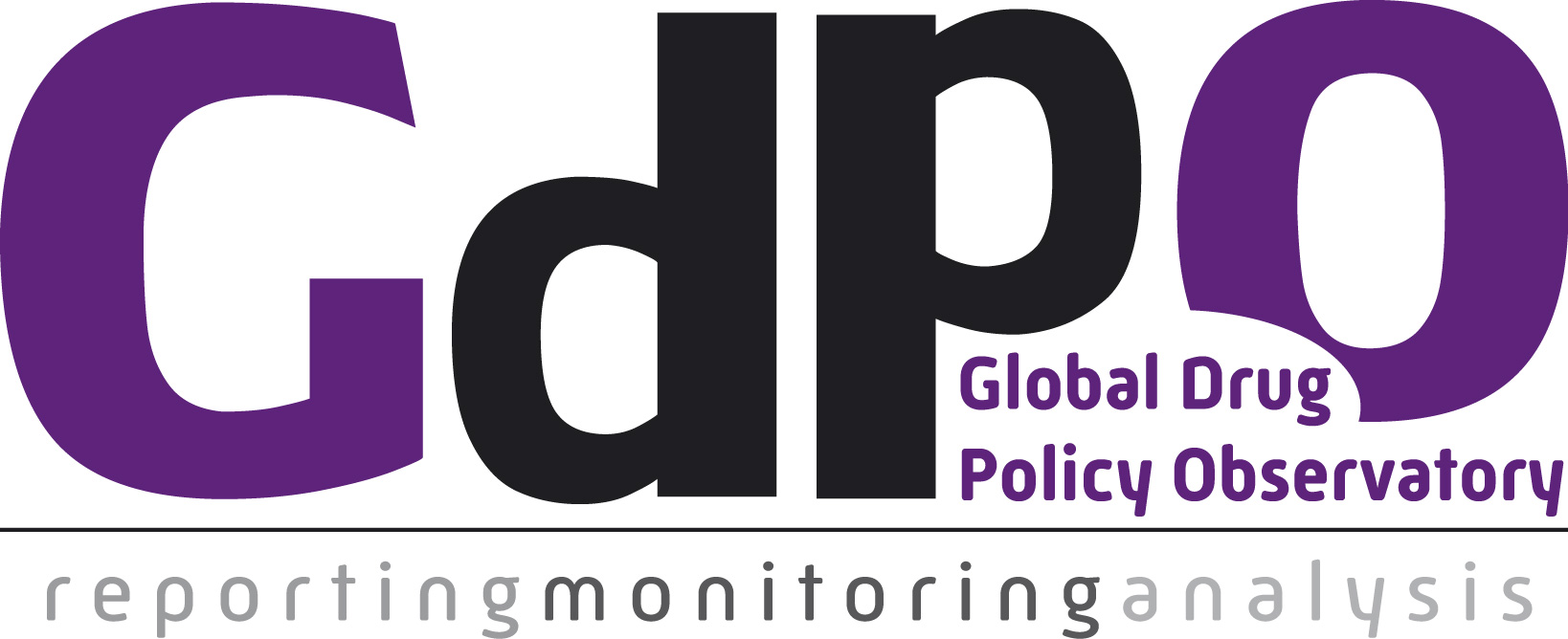The GDPO-sponsored postgraduate network met for the second time on 24th January at the London School of Economics (LSE). We welcomed a number of new members to the group.
The new members of the group to attend were:
- Kojo Koram, PhD candidate at Birkbeck University. His thesis will examine the position of the law on controlled drugs within the legacy of empire. Kojo also works as a legal advisor with Release.
- Chris Suckling, PhD candidate in Human Geography & Urban Studies at LSE. His research interests are Youth Unemployment, Youth and Violence, Extra-Legal Livelihoods, West African Political Economy and Civil War, Urban Ethnography.
- Maziyar Ghiabi, doctoral researcher in Politics and a Wellcome Trust Scholar in Society and Ethics at the University of Oxford. His research focuses on the phenomenology of drugs, ‘addiction’ and drug policy in Iran.
- Clara Musto, joint Erasmus Mundus Doctorate candidate in Cultural and Global Criminology, at the University of Kent (UK) and the University of Utrecht (The Netherlands). Her PhD research project addresses the process of cannabis market regulation in Uruguay and its articulation with the international and the local debate.
Others members who attended the LSE meeting were:
Emily Crick (SwanseaUniversity, GDPO)
John Collins (LSE, LSE IDEAS)
Karina Garcia-Reyes (University of Bristol)
Claire Yorke (Kings College London)
We discussed the possibility of holding a small postgraduate conference later in the year on drug policy and related issues. More details will be posted up soon but anyone who is interested in participating should contact the GDPO team.
You can find out more about the research interests of the members here. The next meeting of the PG Network will be at the end of April (date to be confirmed) and will probably be held in London. Get in touch if you are interested in joining our exciting research group!
